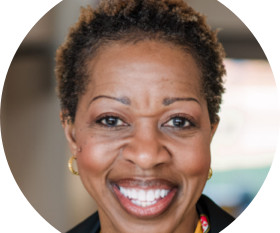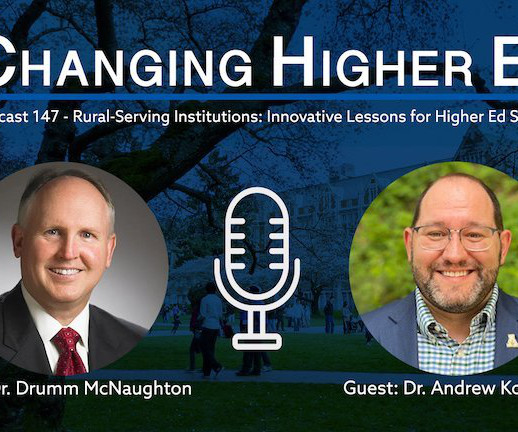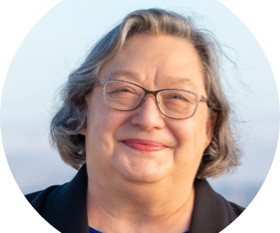Tap into the Power of Alumni to Build Your Enrollment Pipeline
Liaison International
OCTOBER 16, 2023
Bridging Academic and Professional Worlds Similarly, alumni bridge the gap between academia and the professional world. Alumni, especially recent graduates, can speak to the practical applications of the education they received and offer advice on navigating the transition from academia to the workforce.


















Let's personalize your content